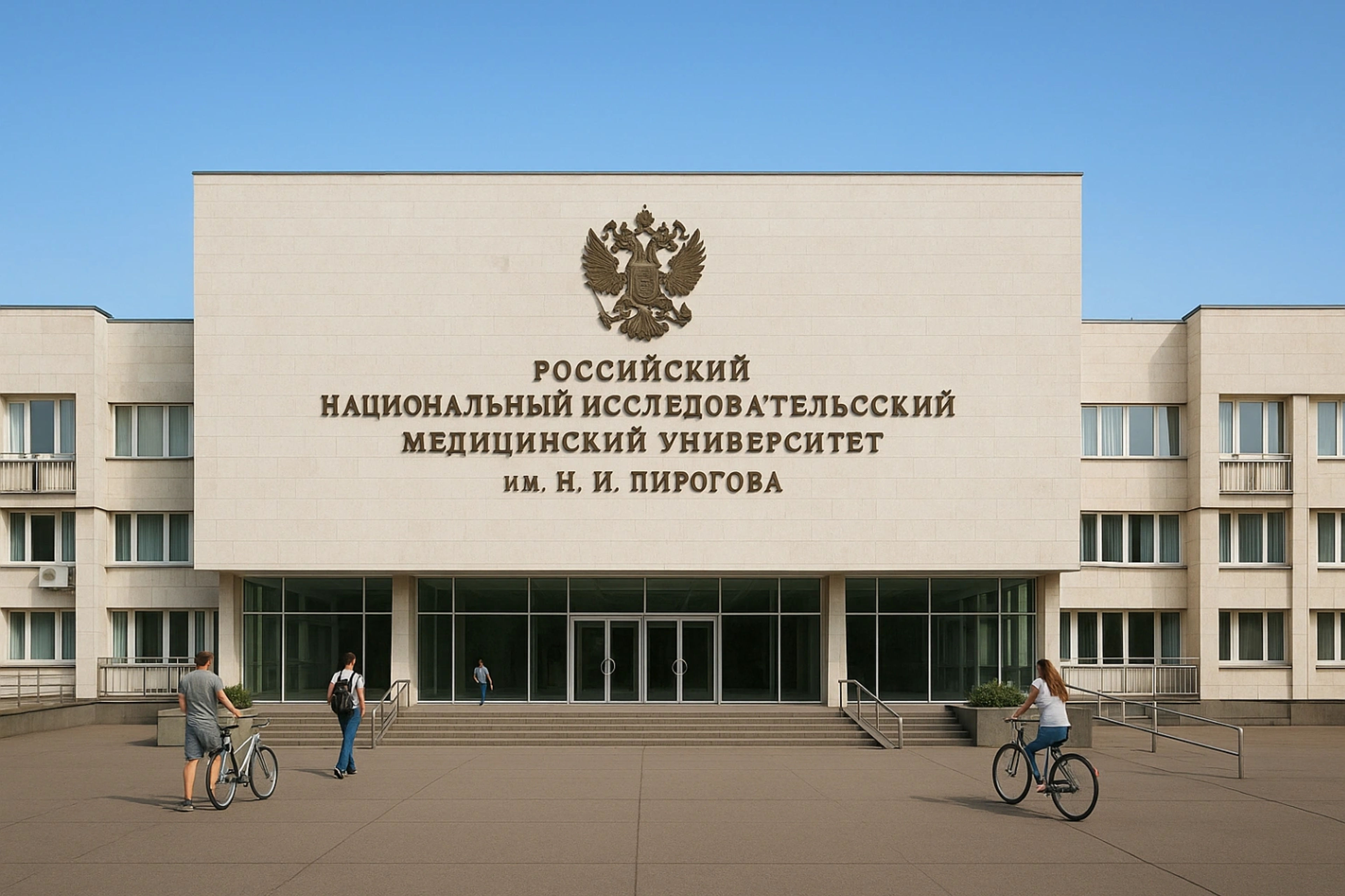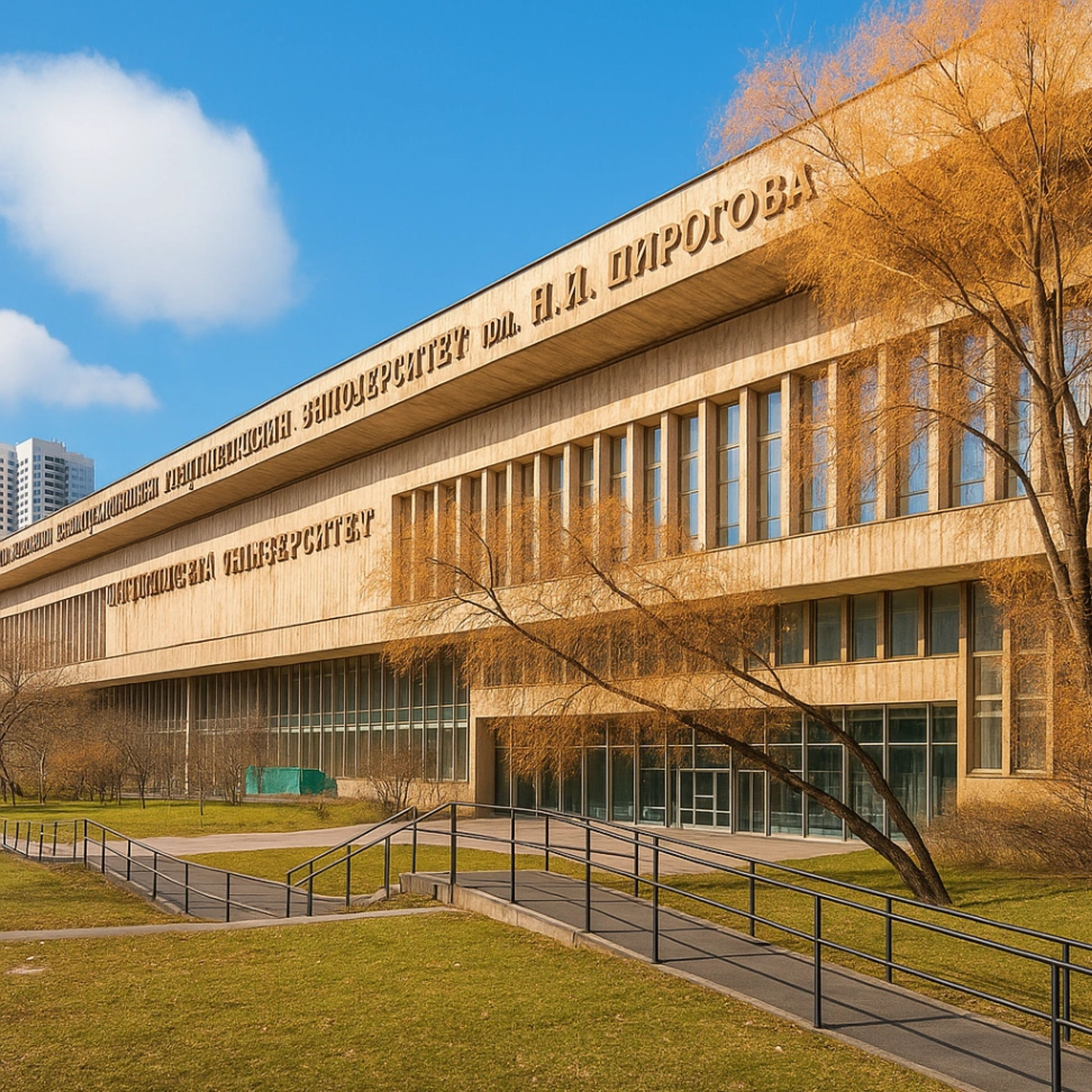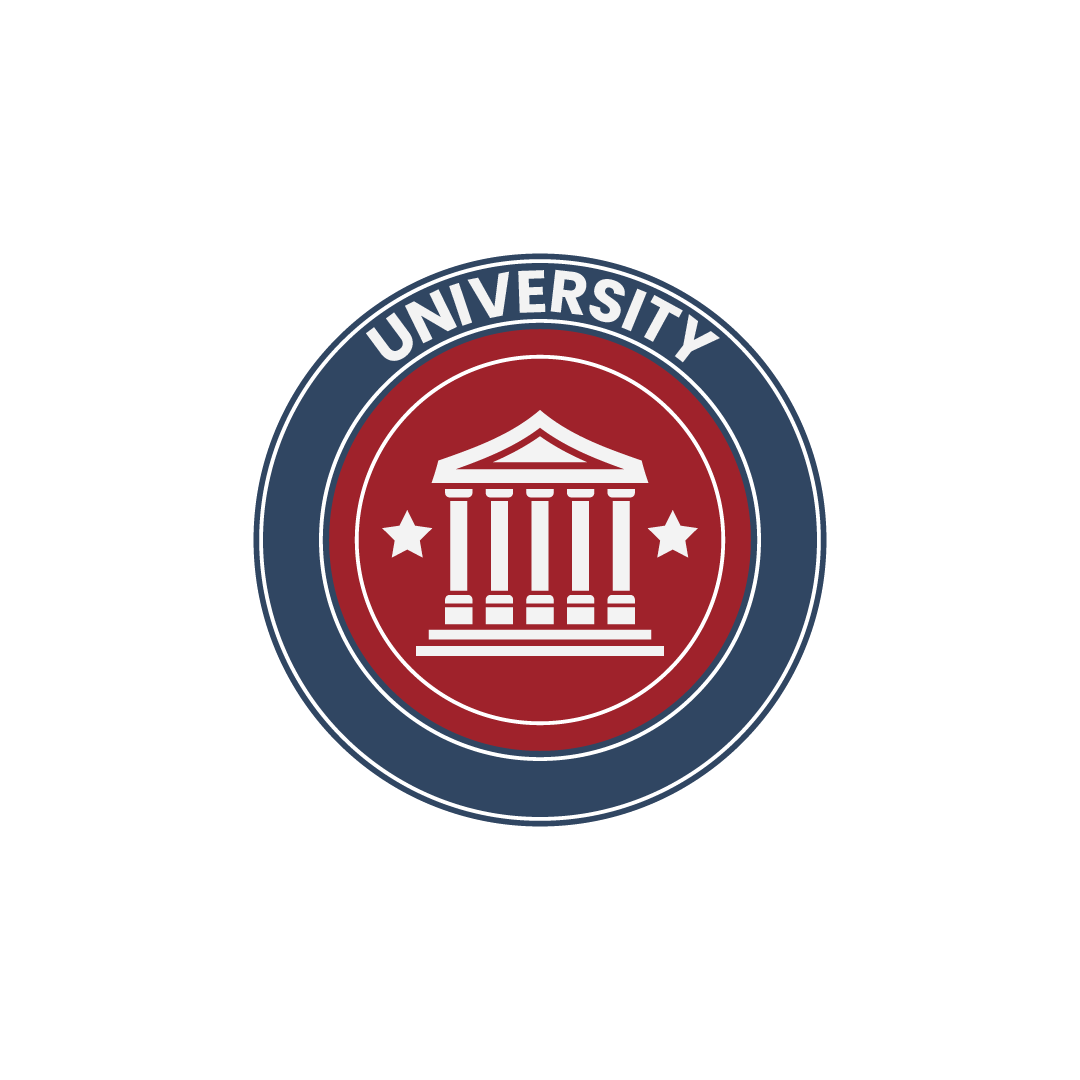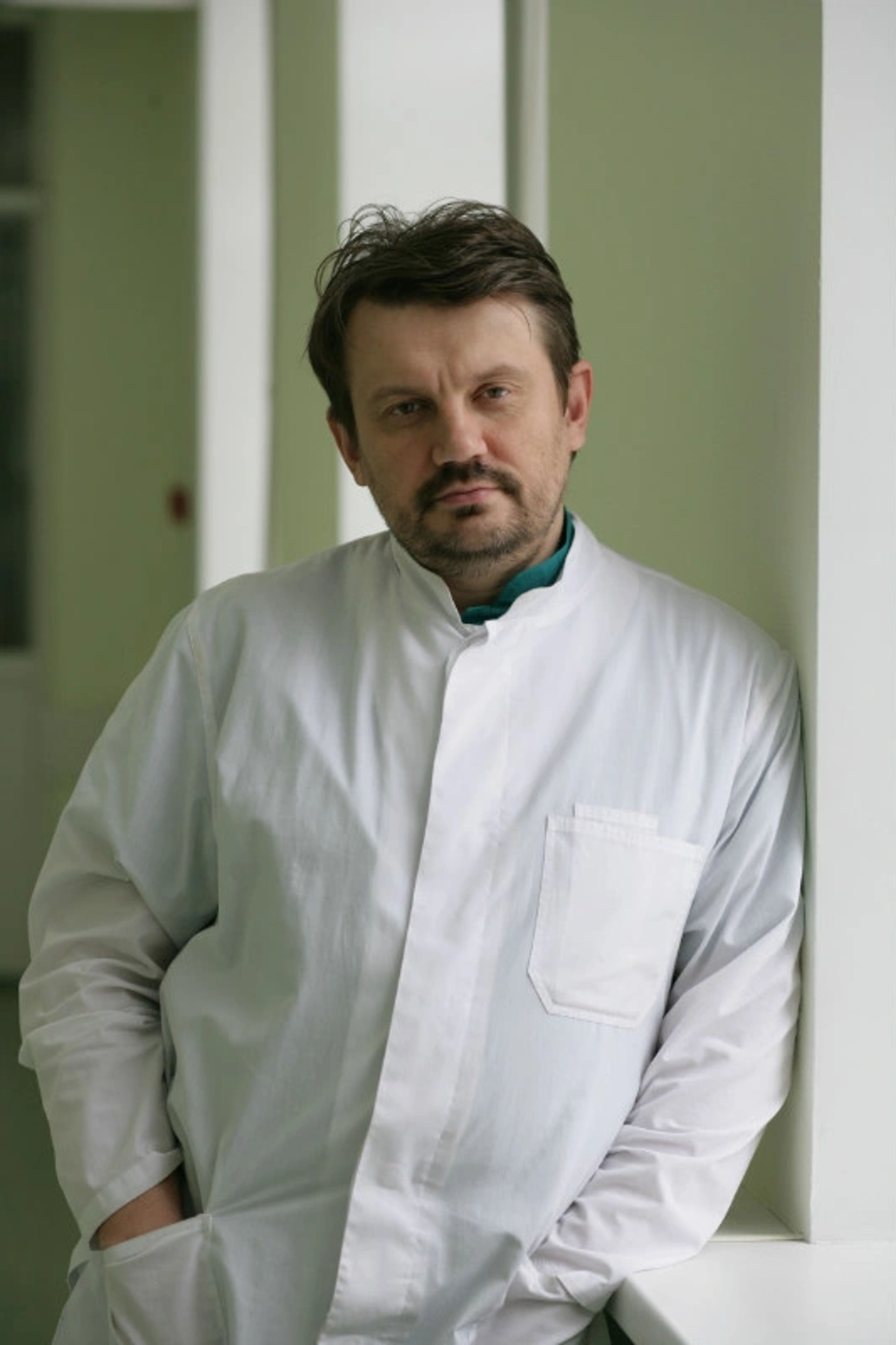Russian National Research Medical University Russia: Admission 2025, Fees, Course, Placement
Moscow, Russia • Public
Russian National Research Medical University
Overview
Russian National Research Medical University (RNRMU) was founded in 1906 in Moscow, Russia. It is a government post-secondary institute. Russian National Research Medical University is recognized by the World Health Organization (WHO) and the National Medical Commission (NMC). MBBS in Russia is becoming an increasingly preferred choice for Indian students.
The Russian National Research Medical University’s MBBS tuition fee is $12,210 per year for Indian students. The college provides hostel accommodation and mess facility with an annual cost total $1,380, which includes accommodation, food, transport, and utilities.
The Russian National Research Medical University admissions application period will open around April 2025, and the MBBS program will likely start around October 2025. The Russian National Research Medical University FMGE result for the 2024 session is a 28.86% passing rate.
Russian National Research Medical University ranked 52nd in Russia and 2,648th in the world. The university is one of the popular choices for international students who want to study medicine, especially students from India. Russian National Research Medical University offers internships for graduate students, helping students gain some practical hospital experience and prepare for a career in Russia, India, and other countries after clearing licensing exams.
Russian National Research Medical University: Quick Highlights
Detailed information about the Russian National Research Medical University is provided in the table below. Students who want to apply can check these details before submitting their applications.
Particulars | Details |
Type | Government University |
MBBS Intake | October 2025 |
Minimum Marks Required | 50% in Physics, Chemistry, and Biology (PCB) |
NEET Required | Yes, with passing marks |
IELTS / TOEFL | Not needed |
Fees for MBBS | $12,210 (Annually) |
Living Cost | $1,380 (Annually) |
World Ranking | 2,648 |
MBBS Course Duration | 5 years + 1 year internship |
FMGE Pass Rate | 28.86% |
Medium of Teaching | English |
Recognized By | NMC (India) and WHO |
Affiliated Hospitals | Moscow State Clinical Hospitals |
Russian National Research Medical University: Ranking
Pleven Medical University is recognized for its quality of education. According to the UniRank ranking system, the university holds a notable position both nationally and internationally. The rankings are as follows:
Country Rank | World Rank |
52th | 2,648th |
Why Choose the Russian National Research Medical University for MBBS?
The Russian National Research Medical University is a top choice for medical aspirants because of its practical classes and modern facilities. There are many advantages for international students who choose to study at the Russian National Research Medical University
- The university holds recognition from the Medical Council of India (MCI) and is approved by the World Health Organization (WHO)
- It is one of the top medical Universities in Russia.
- Its campus is located in Moscow, one of the most vibrant and beautiful cities in Russia.
- Many top state hospitals throughout the city are affiliated with the university, giving trainees hands-on experience.
- It offers postgraduate programs like Microbiology, Pediatrics, and Therapeutics, among other areas, which are particularly strong.
- The University has more than 1,900 experienced professors, teaching more than 100 subjects on-site, ensuring high-quality education.
Russian National Research Medical University: Recognition & Accreditation
The Russian National Research Medical University is officially recognized and accredited by several bodies, such as:
- National Medical Commission (NMC) - India
- World Health Organization (WHO) - Global recognition
Russian National Research Medical University: Medium of Teaching
At the University, all lectures are taught in English, ensuring there is no language barrier for international students.
Russian National Research Medical University: FMGE Report
The FMGE January 2025 exam result is out, and only 28.86% of students passed.
Russian National Research Medical University
Fee structure
For the year 2025, the Russian National Research Medical University courses & fee structure are $12,210 yearly for the MBBS program. The college also offers hostel accommodation with a mess for around $1,380 yearly.
Course | Fee Structure (Annually) | Hostel & Mess Fee (Annually) |
MBBS | $12,210 | $1,380 |
MBBS
Russian National Research Medical University
Admission Process
The Russian National Research Medical University follows a straightforward admission process for international students. In brief, you submit papers, sort out the visa, and get help planning your arrival. Here is the process, step by step:
Step 1: Submit the scanned copies of your 10th and 12th marks, your NEET score, and the photo page of your passport.
Step 2: Complete the online application and undertaking forms with the documents.
Step 3: Pay the booking fee online or at the university’s fee office.
Step 4: After waiting a few days, you will receive the formal admission letter and a fee structure.
Step 5: Submit the original 10th and 12th certificates, your passport, and 10 recent passport-sized photos to the university.
Step 6: Russian immigration then issues an offer letter in your name.
Step 7: The university prepares your visa paperwork and submits it with the invitation.
Step 8: Submit the HIV test result and any other health documents requested.
Step 9: After processing, you will be returned your visa and the original documents.
Step 10: On departure day, a university representative will assist you.
Step 11: Arrive in Russia and complete the final admission steps.
Russian National Research Medical University
Scholarships
The Russian National Research Medical University offers several scholarship schemes to support the financial load for newcomers from abroad. Funding comes from the university itself, from the government, and private partner organisations.
- NCI Master’s Edge Scholarship
- Algoma University Chancellor’s Award
- JGC-S Scholarship Foundation
- Pearl International Award
- Sato Yo International Scholarship Foundation
- Government of the Russian Federation Scholarships
- Benjamin A. Gilman Scholarships
- SRAS (The School of Russian and Asian Studies) Scholarships
Russian National Research Medical University
Faculty
Russian National Research Medical University
Hostel
For international students, this university provides clean, secure hostel facilities with essential utilities. Campuses and dedicated dorms are combined with round-the-clock staff for student safety.
Feature | Description |
Fully Furnished Hostels | Hostels include all necessary furniture and items—no need to buy anything. |
International Accommodation | 1100 seats are reserved for foreign students. |
Nine Dormitories | Separate dorms for international students only. |
Modern Amenities | Attached kitchen and bathroom; rooms are double/triple occupancy. |
Campus Security | 24/7 video surveillance ensures student safety. |



